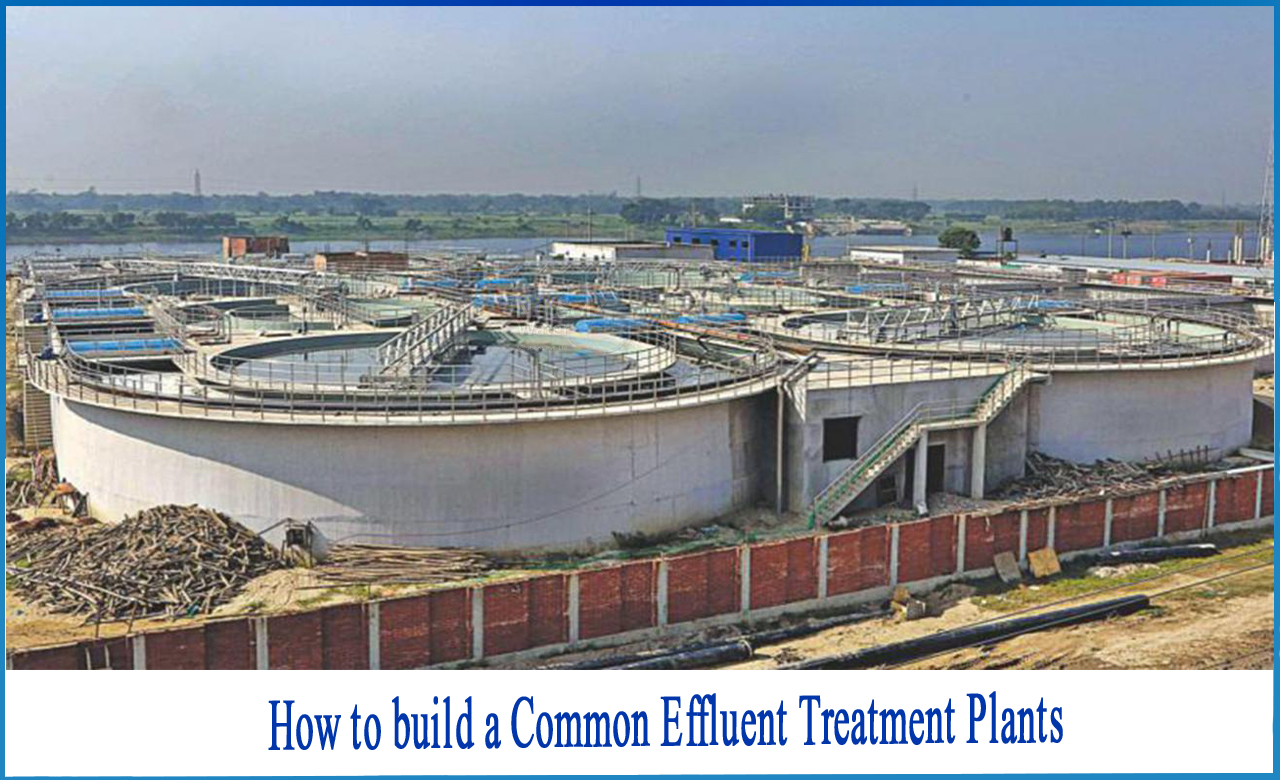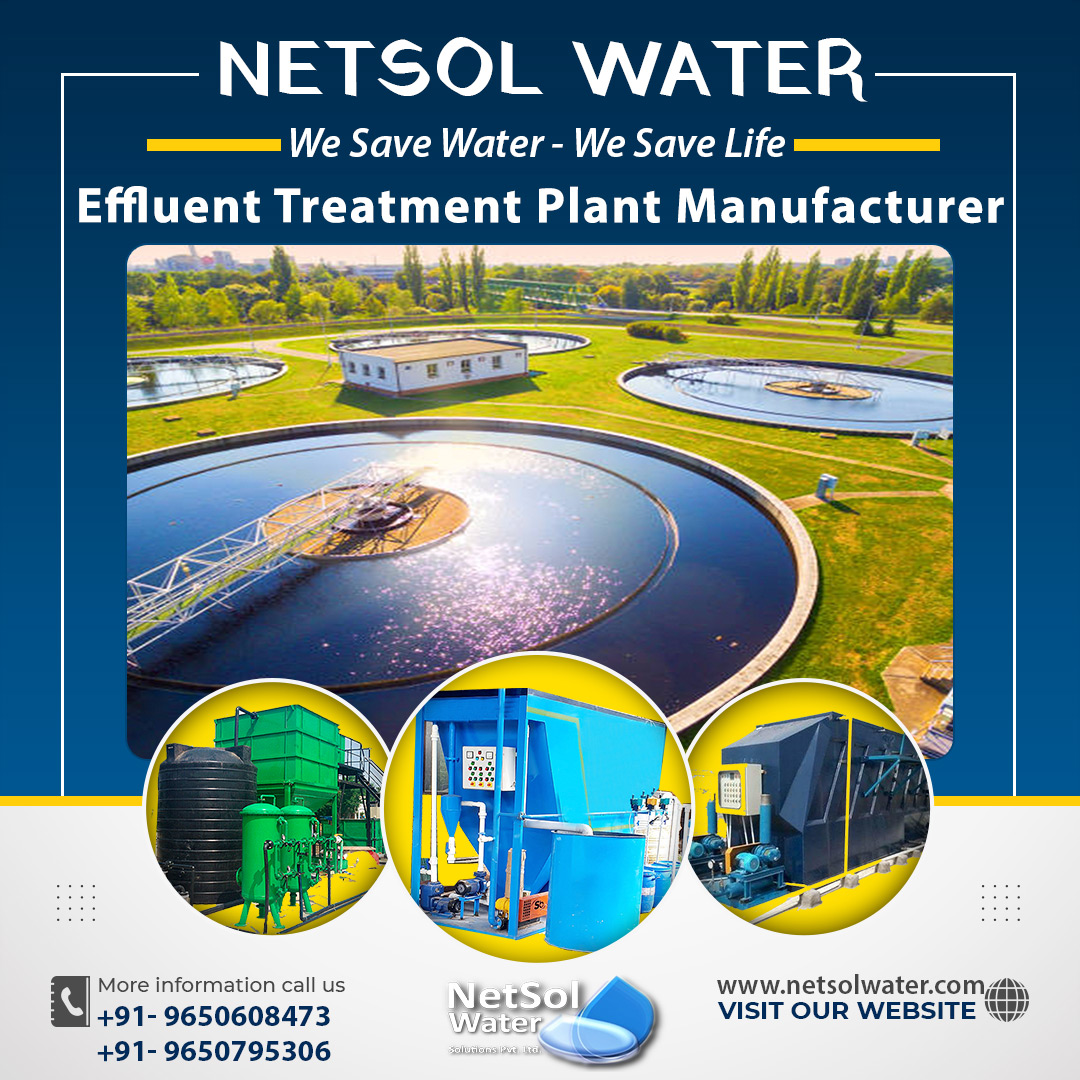How to build a Common Effluent Treatment Plants?
Every industry is obligated to provide proper treatment of its effluents before disposal under the Water (Prevention and Control of Pollution) Act of 1974, regardless of whether the disposal is in a stream, on land, into a sewage system, or into the sea. However, owing to their tiny size and scope of operations, small-scale industries (SSIs) frequently do not find it economically viable to install extensive pollution control equipment.
CETPs (Common Effluent Treatment Plants) are a practical treatment solution for the collective treatment of effluents, especially from small and medium-sized businesses.
CETPs are viewed as a way to get beyond the limitations of wastewater treatment in certain sectors. They have the potential to reduce the cost of treating mixed wastewater from multiple businesses while also facilitating greater compliance and monitoring with regulations. There are currently approximately 171 CETPs in the nation.
The following are some of the benefits of a CETP:
1: Small-scale companies are aided, and the cost of wastewater treatment for individual units is reduced.
2: Aids in achievingscale economies in wastewater treatment.
3: Assists in maximising the cost of pollution abatement for each industry.
4: Individual industries that lack labour and technical knowledge for wastewater treatment would benefit from this.
5: Individual industries who lack the room for full-fledged treatment facilities can benefit from this.
6: Aids in wastewater homogeneity and improved hydraulic stability.
7: Better control over wastewater treatment and disposal.
8: Multiple wastewater emissions by specific enterprises are eliminated, and treated waste can be recycled and reused.
Conclusion: Why CETPs are useful?
The notion of treating effluents by a communal effort, primarily for a cluster of small size industrial units, is known as a common effluent treatment plant. This approach is analogous to the Municipal Corporation's treatment of all of the individual households' sewage. CETP's major goal is to lower the cost of treatment for individual units while also safeguarding the environment.
In the Indian context, providing wastewater treatment plants for individual firms, particularly in the small-scale sector, in various industrial parks to create effluent of acceptable grade before discharging is not practical.
First, it is costly in terms of both capital and operational costs, and second, specific industries cannot guarantee performance. Furthermore, the disposal of cleaned effluents is a difficulty because no enterprise may access the water body through its own pipeline or buy land for inland irrigation.
To address these issues, the Indian Government proposed the construction of a common wastewater treatment facility. As a result, India's Ministry of Environment and Forests directed state pollution control bodies to investigate the feasibility of installing CETPs in various industrial estates.
Still having doubts about a cost-effective effluent treatment solution for your business?
If that's the case, contact Netsol Water! Our ETP solution purifies wastewater so that it may be reused and safe water can be released into the environment. For effluent treatment, we have a dedicated team of experts. Because each industry produces different types of waste water, the process is tailored to meet the needs of each client.
If you need any technical assistance and guidance, or simply have a query regarding our water and wastewater treatment technology solutions, Call: 9650608473 or wirte us at: enquiry@netsolwater.com




